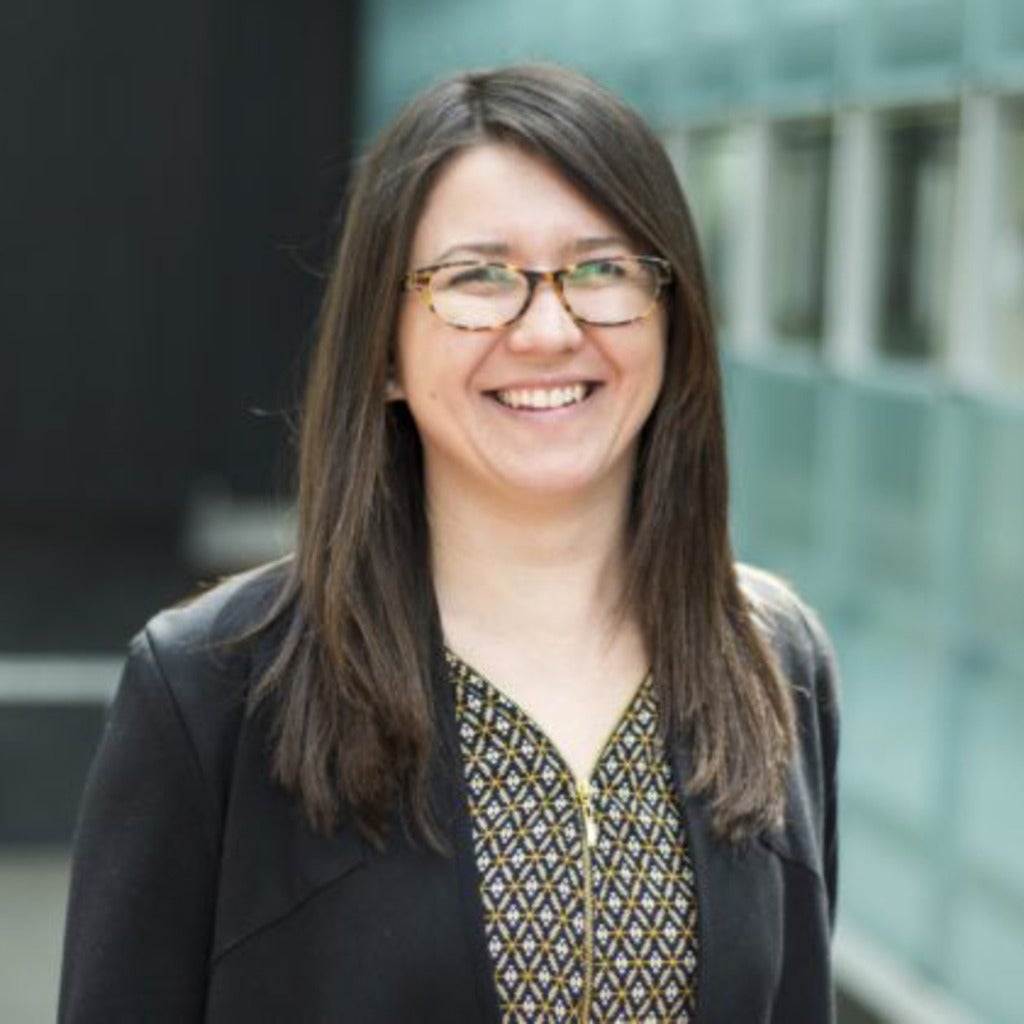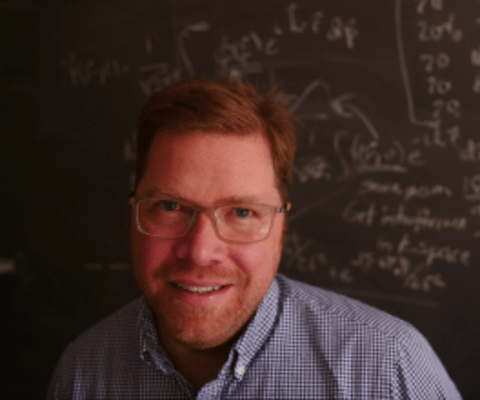Generating quantum light using nonlinear optics
Phys10 Undergraduate Seminar Series
 Agata Branczyk (Perimeter)
Agata Branczyk (Perimeter)
Light moves at nature’s speed limit, and doesn’t degrade for hundreds of kilometres, making it our best medium for sending information over long distances. But to send quantum information, we require quantum light.

